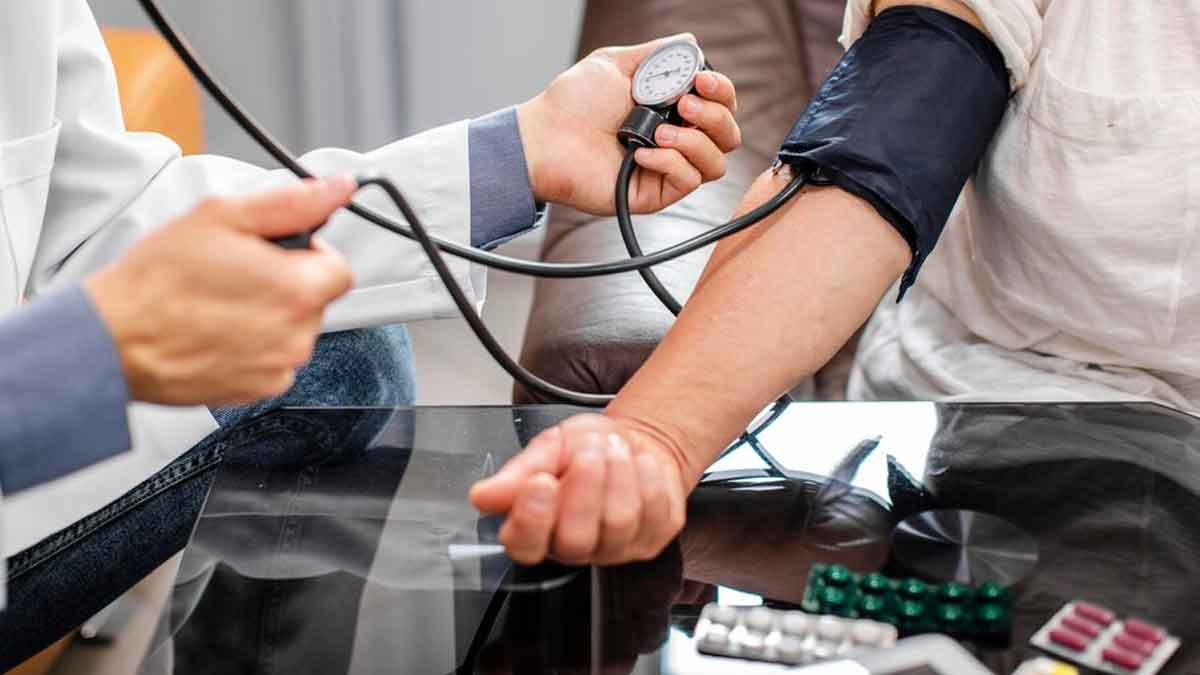
Dengue fever is a common disease transmitted by the Aedes aegypti mosquito, which reaches epidemic proportions, especially during monsoon. Typically, it presents with fever, muscle pain, headache, and joint pains, and is generally a self-limiting disease. However, in certain scenarios, it can even affect the heart.
Table of Content:-
This was shared by Dr Haresh Mehta, Consultant and Interventional Cardiologist, PD Hinduja Hospital & Medical Research Centre, Khar in a conversation with OnlyMyHealth.
Can Dengue Cause Heart Attack?

Dr Mehta shared that the most common cardiac issue that can be seen with dengue is arrhythmias, or rhythm disturbances causing bradycardia or the heart rate to get very slow.
Talking about how this happens, he shared:
- This can be the effect of dengue on the liver, causing a rise in bilirubin, causing secondary bradycardia.
- Dengue can also directly affect the native pacemaker which slows down the heart.
“Dengue can also cause a very high heart rate, which is generally seen with dehydration or bleeding seen with dengue,” added Dr Mehta.
Dengue can also cause heart attacks. Explaining how, he shared “The other complication, which is less frequently encountered, but can be life-threatening, is myocarditis. This occurs because the dengue virus affects the immune system which causes inflammation of the myocardium or the heart muscle."
He added, "Here, the patient presents with symptoms of a heart attack, that is myocardial infarction, which includes chest discomfort, and pain radiating to the left arm.”
Also Read: Dengue Causing Early Onset Arthritis, Report Indian Hospitals: Expert Highlights How
Preventing Dengue’s Affect On The Heart

A study published in the journal Travel Medicine and Infectious Disease found that dengue can manifest heart failure within one week, especially in men over the age of 60, The researchers of this study emphasised the awareness of diagnosis to prevent the effect of dengue on heart.
Listing the tools that can help in early detection, Dr Mehta listed:
- Electrocardiogram (ECG)
- 2D echoes
- Cardiac biomarkers.
“Generally, myocarditis is self-limiting, and the changes reverse as the immune response improves to the dengue virus. The patient's blood pressure and pulse rate, come back to normal over time and do not require any active interventions except medications per se,” he added.
He concluded, “Having said that, the main crux of the matter is to prevent dengue, in the given scenario to protect the heart.”
While dengue fever is primarily known for its debilitating effects on the body, the link between dengue and cardiac complications sheds light on the importance of understanding the virus's multifaceted impact. As researchers continue to unravel the complexities of dengue, it becomes increasingly crucial to recognise and address potential cardiac implications in the management and treatment of this viral infection. Vigilance, timely medical intervention, and ongoing research are key in navigating the intersection of dengue and cardiac health.
Also watch this video
How we keep this article up to date:
We work with experts and keep a close eye on the latest in health and wellness. Whenever there is a new research or helpful information, we update our articles with accurate and useful advice.
Current Version